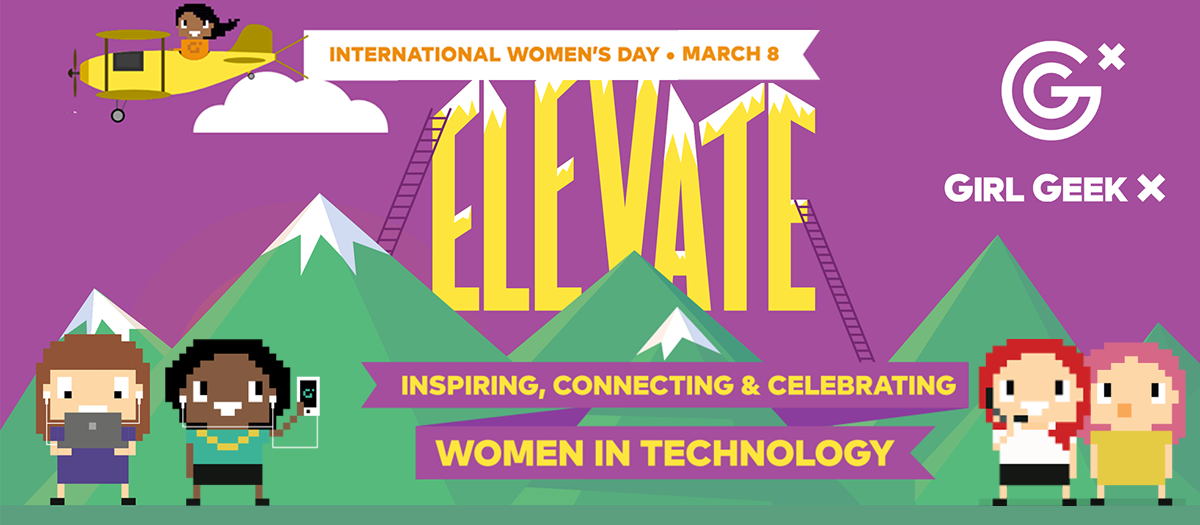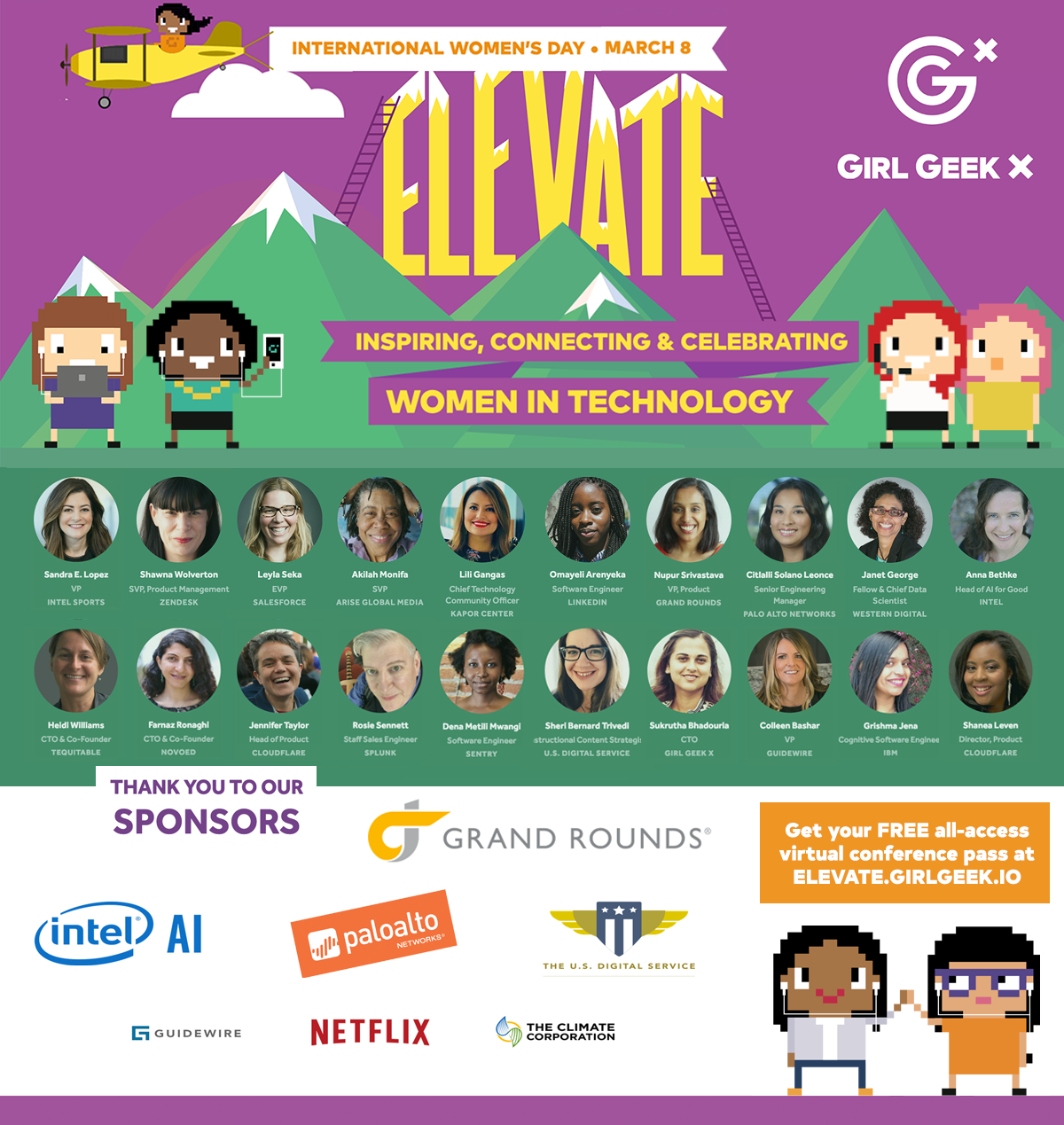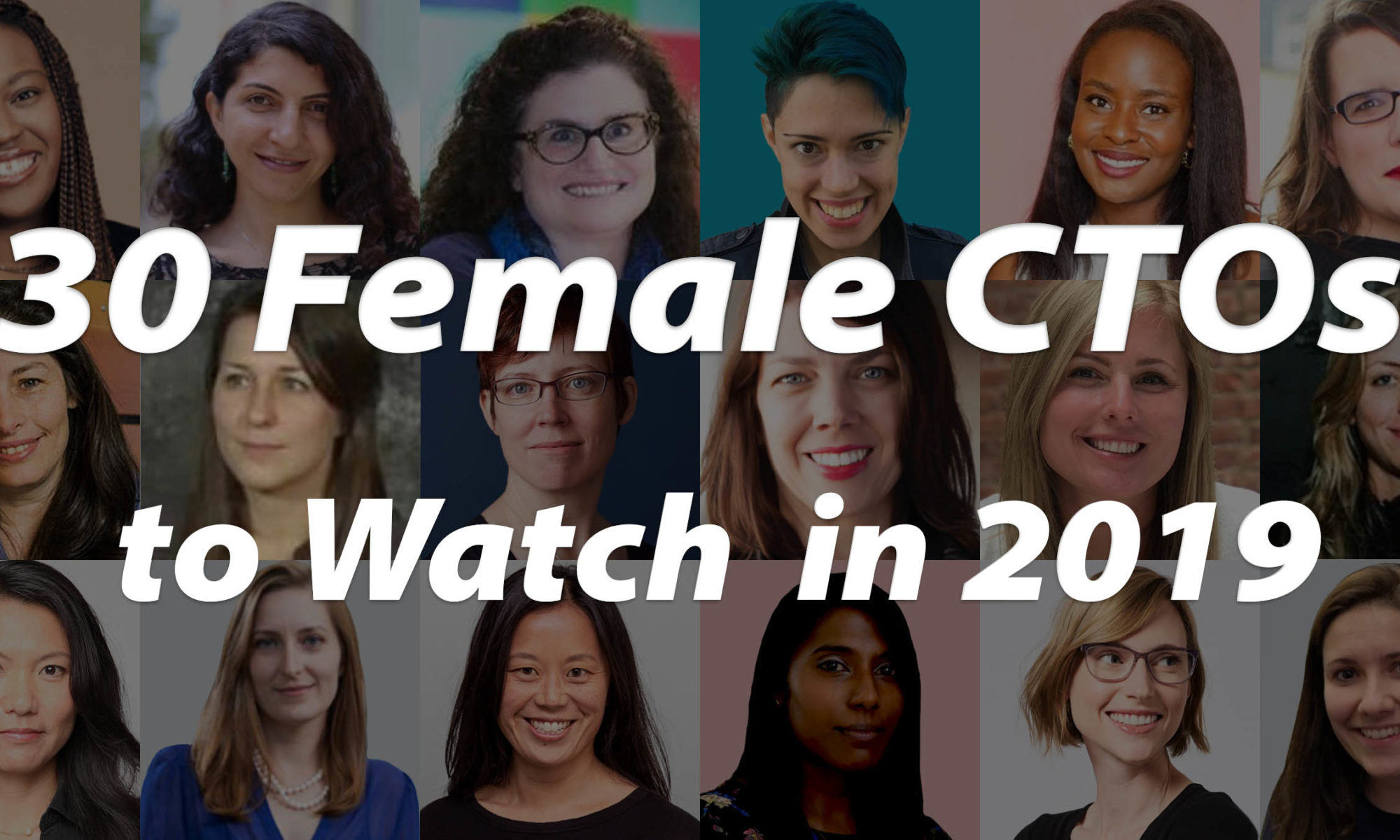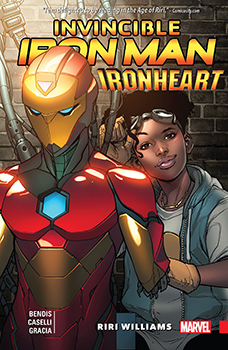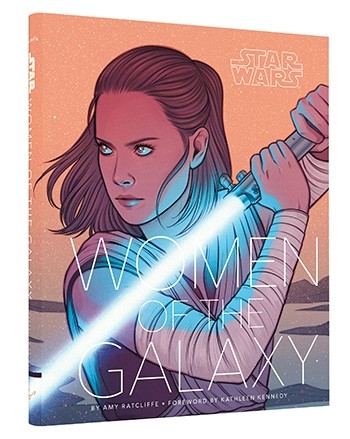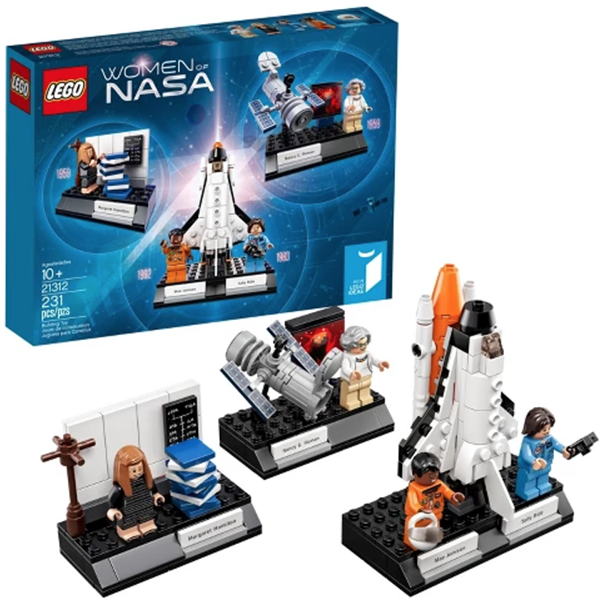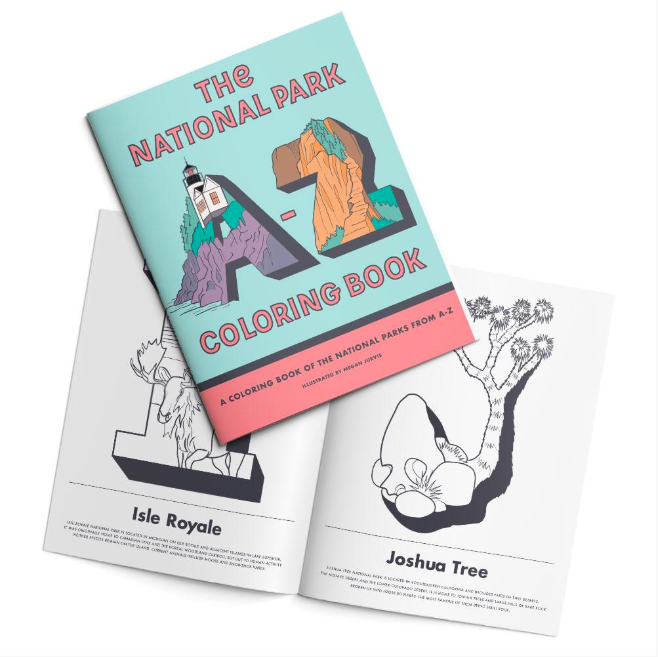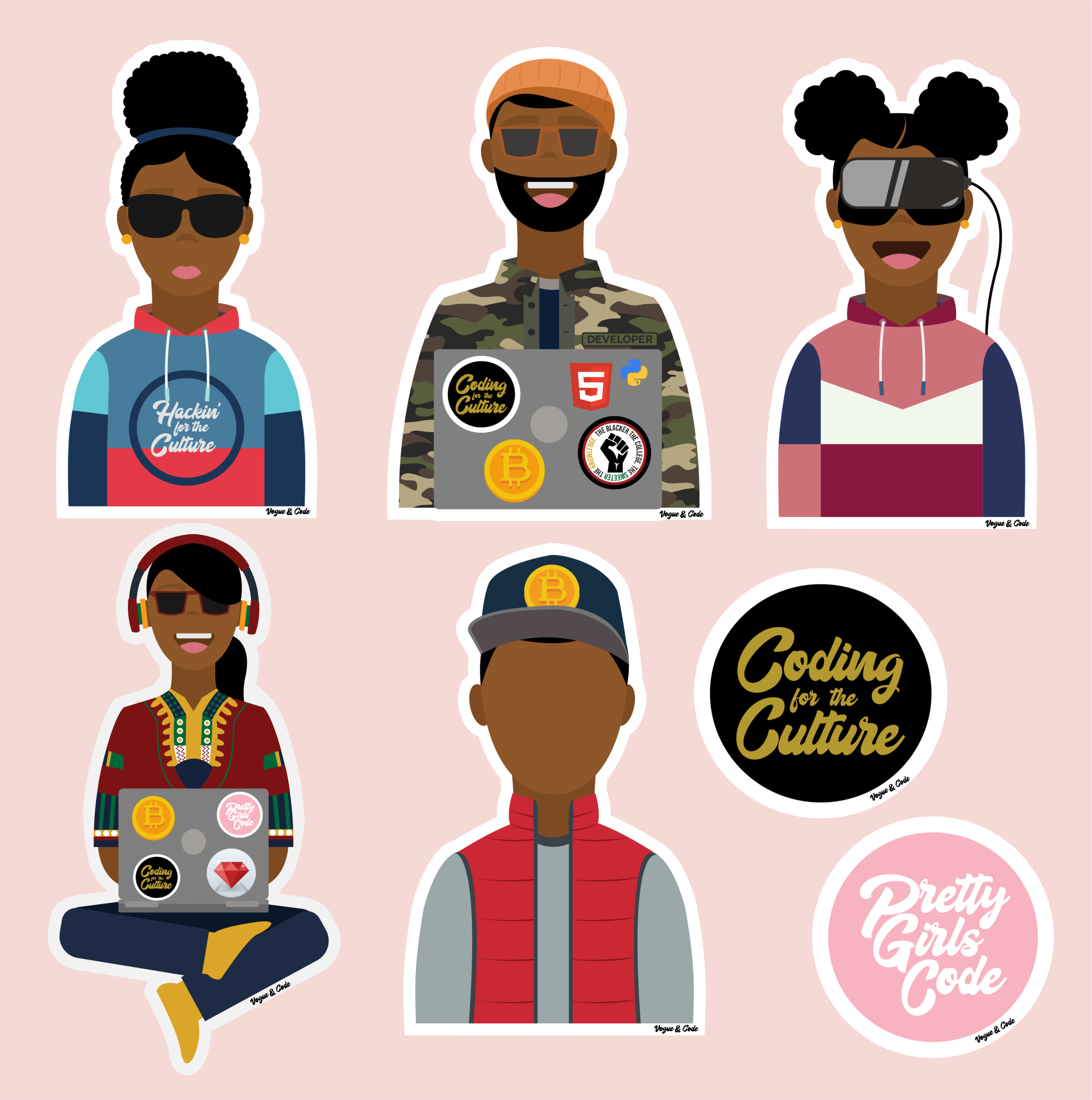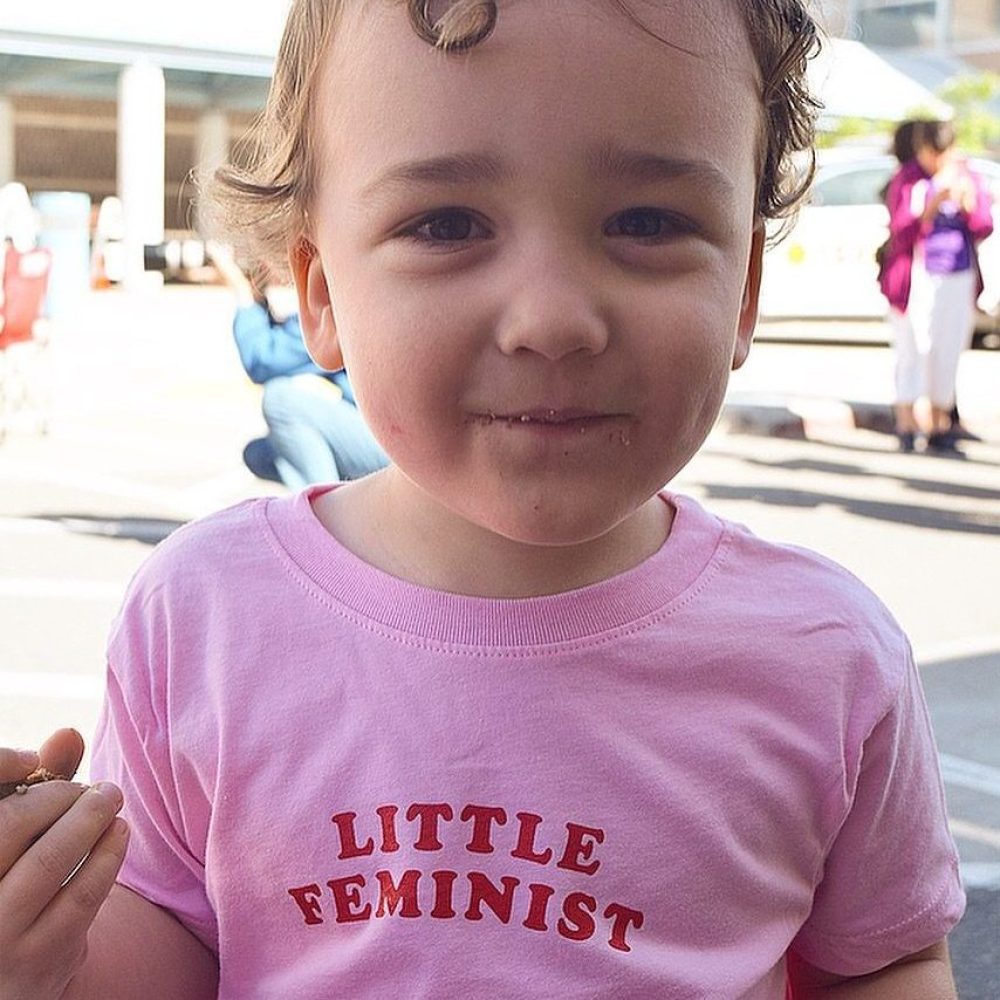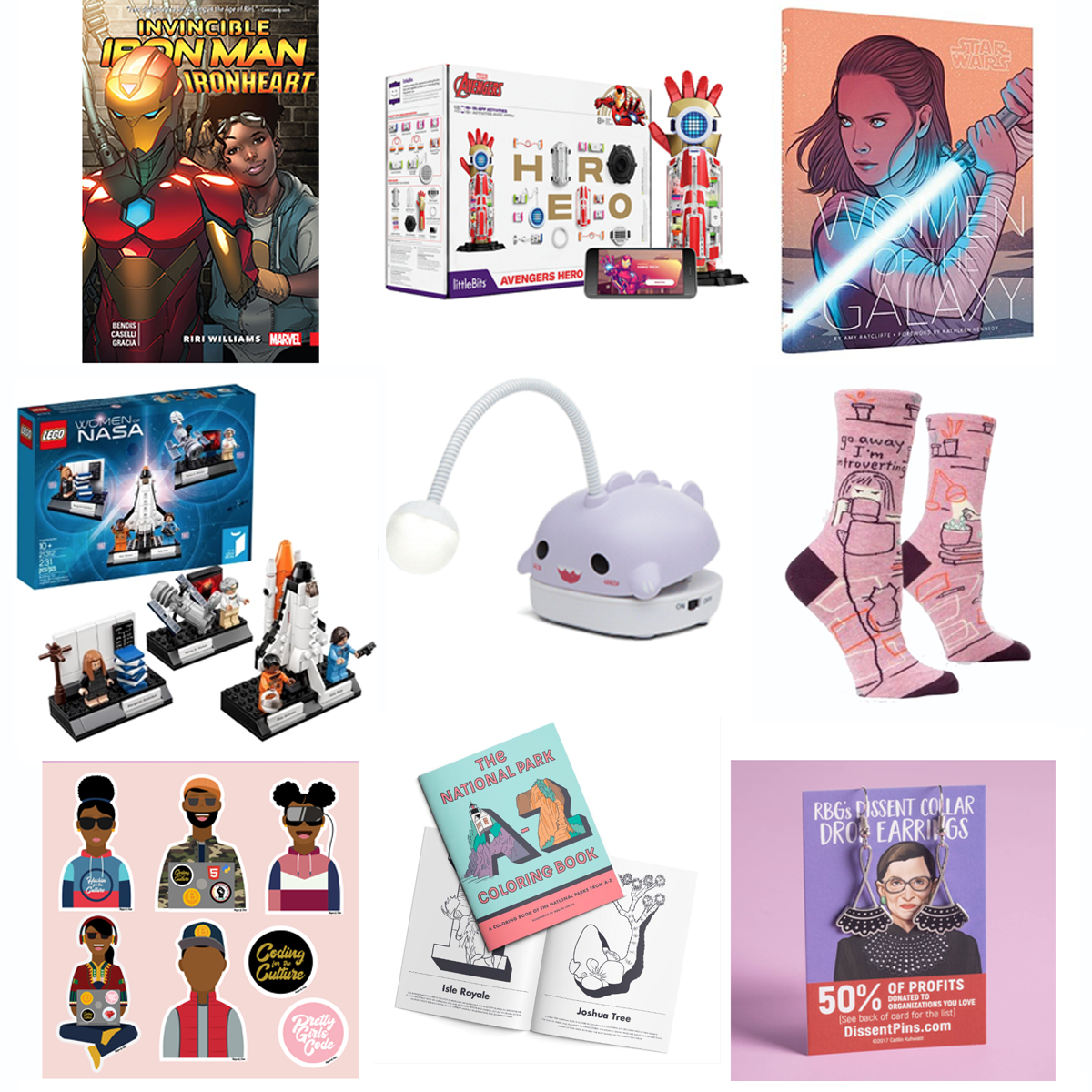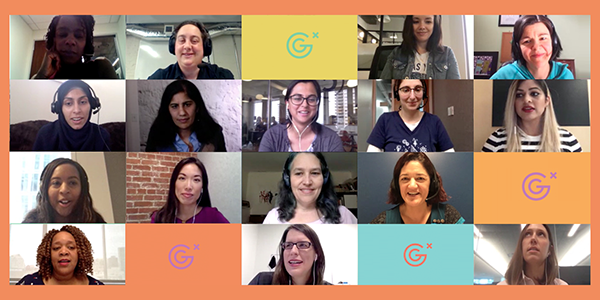By Angie Chang
From growing early-stage startups to large publicly-traded companies, here are 30 female CTOs to watch in 2019 — You will find household names like Nest, Starbucks, Gap, Intuit and Stitch Fix have chief technology officers that positively inspire the next generation of girl geeks!
Apptimize CTO & co-founder Nancy Hua
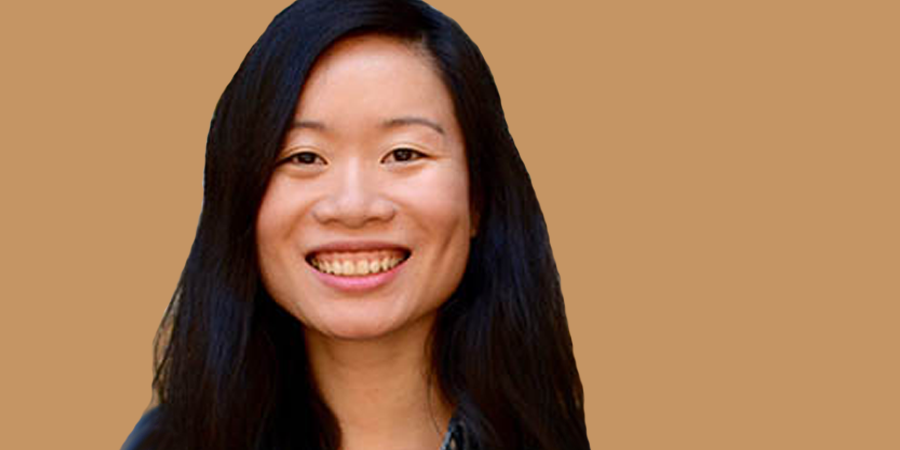
Nancy Hua is the Chief Technology Officer at Apptimize, a mobile experimentation startup. Prior to founding Apptimize, Nancy was an algorithmic trader. Nancy studied math with computer science at MIT and led the MIT fencing team. Nancy holds a B.S. in math with computer science from MIT. Follow her on Twitter at @huanancy.
Breaker CTO & co-founder Leah Culver
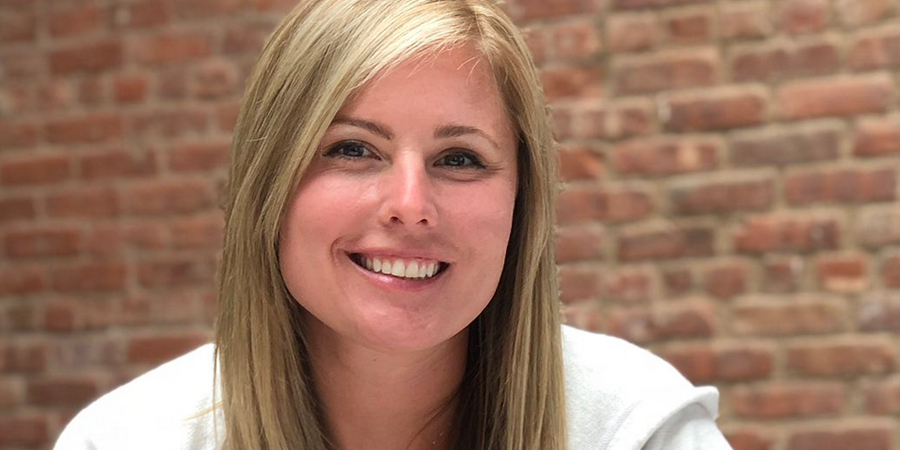
Leah Culver is the Chief Technology Officer and co-founder of Breaker, a social podcast app. An author of OAuth and oEmbed API specifications, Leah is a Swift and Python developer – and former founder of Grove, Convore, and Pownce, which was acquired by Six Apart. Leah holds a B.S. in computer science from University of Minnesota, Twin Cities. Follow her on Twitter at @leahculver.
Compaas CTO & co-founder Lisa Dusseault
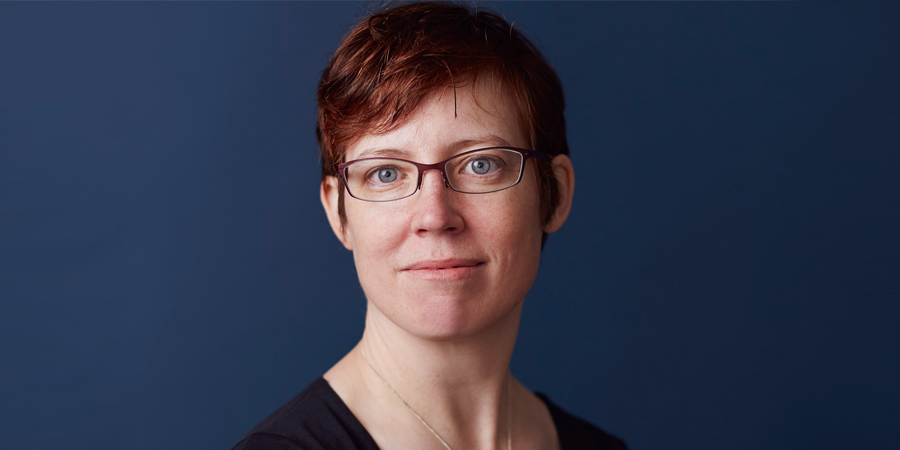
Lisa Dusseault is the Chief Technology Officer at Compaas. She has built her career solving complex technology problems. After Microsoft, she led internet standards groups at the IETF, and engineering teams at Linden Lab and Stubhub. She founded tech startups Cathy Labs, Klutch and ShareTheVisit. Lisa holds a B.S. in systems design engineering from University of Waterloo.
Confluent CTO & co-founder Neha Narkhede
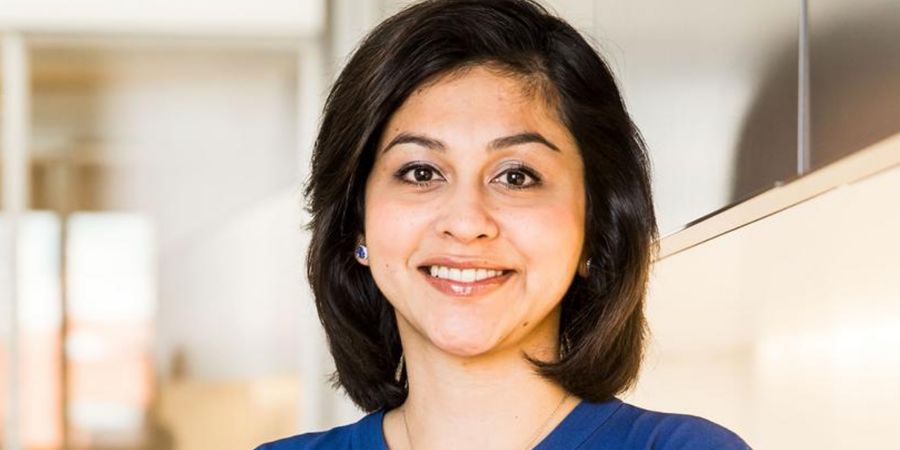
Neha Narkhede is the Chief Technology Officer at Confluent. Prior to founding Confluent, Neha led streams infrastructure at LinkedIn, where she was responsible for LinkedIn’s streaming infrastructure built on top of Apache Kafka and Apache Samza. She is one of the initial authors of Apache Kafka and a committer and PMC member on the project. Neha holds a B.E. in computer science from University of Pune and a M.S. in computer science from Georgia Institute of Technology. Follow her on Twitter at @nehanarkhede.
Democratic National Committee CTO Nellwyn Thomas
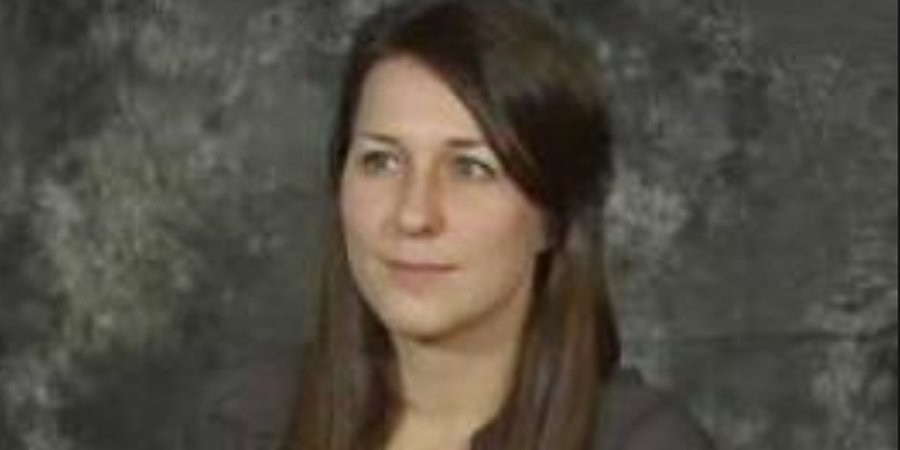
Nellwyn Thomas is the newly-appointed Chief Technology Officer for the Democratic National Committee. She has worked both in political campaigns and the tech industry (Facebook, Etsy). Nellwyn led deputy analytics for Hillary Clinton’s presidential campaign in 2016. Follow her on Twitter at @nellwyn.
Gap CTO Rathi Murthy
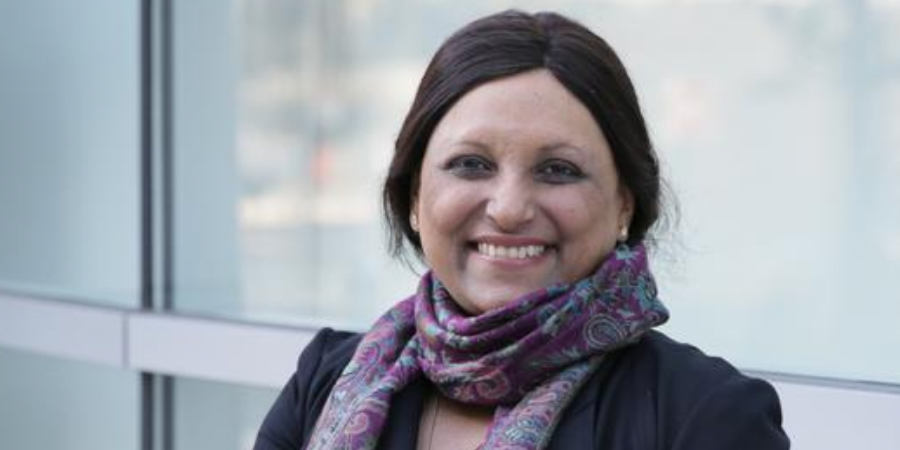
Rathi Murthy is the Chief Technology Officer at Gap. Prior to Gap, Rathi was at America Express for almost four years, most recently SVP/CIO for Enterprise Growth. She held engineering leadership positions at eBay, Yahoo, Metreo and began her career as a software engineer and QA lead. Rathi holds a B.S. in electrical engineering from Bangalore University and a M.S. in computer engineering from Santa Clara University.
Ghost Foundation CTO & co-founder Hannah Wolfe
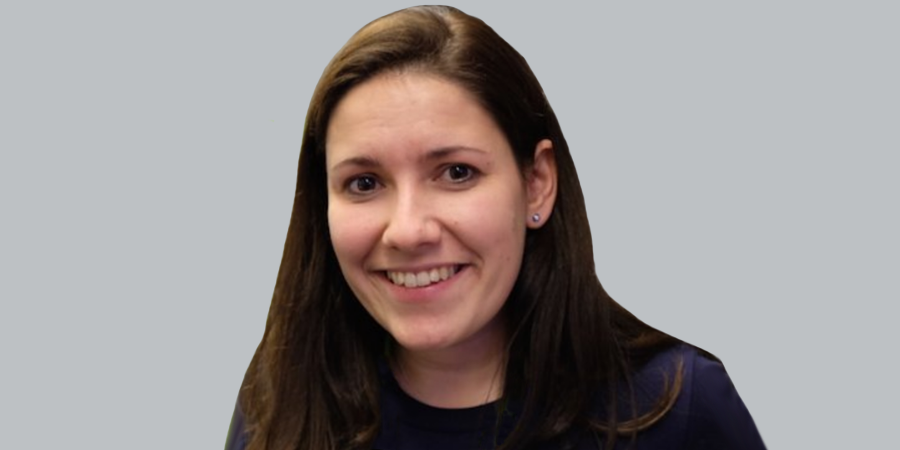
Hannah Wolfe is the Chief Technology Officer at Ghost Foundation, an open source publishing platform. Prior to launching Ghost, she worked as a software engineer at Moo and Engine Creative. Hannah holds a M.S. in international business from Nottingham University Business School and a B.S. in computer science from University of Nottingham. Follow her on Twitter at @erisds.
Greo CTO & co-founder Elizabeth Davis
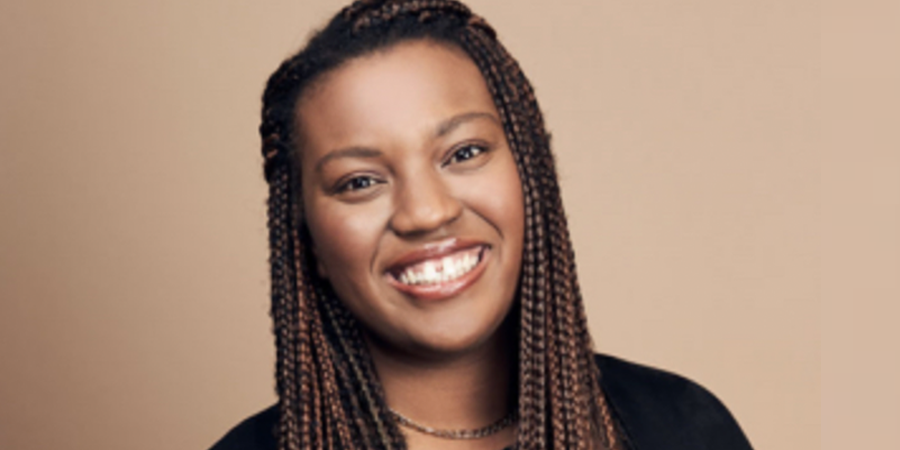
Elizabeth Davis is the Chief Technology Officer and co-founder at Greo, a social video platform that graduated from Y Combinator’s accelerator program in 2017. Prior to Greo, she interned at Pinterest and Google. Elizabeth holds a B.S. in Computer Science from Stanford University. Follow her on Twitter at @lizfordays.
Intuit CTO Marianna Tessel
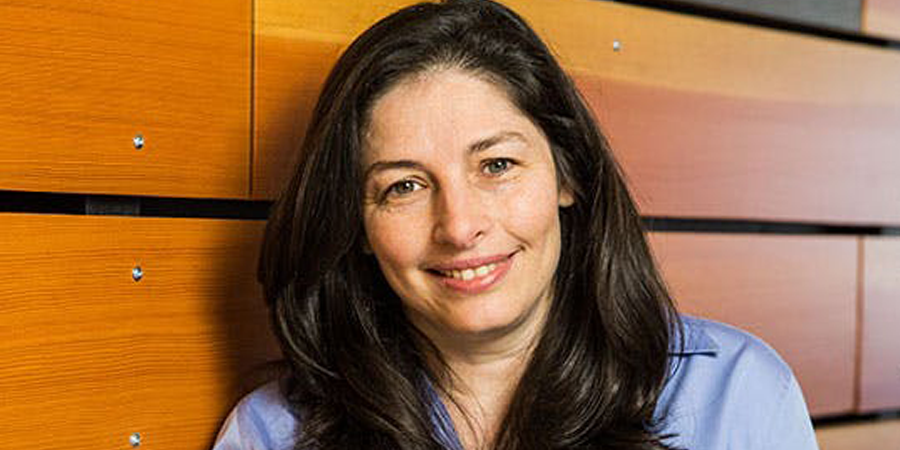
Marianna Tessel is the Chief Technology Officer at Intuit. Prior to the promotion, she was Chief Product Development Officer at Intuit. Prior to Intuit, Marianna was SVP of Engineering at Docker. Prior to that, Marianna held VP of Engineering roles at VMware, Intacct, Ariba and General Magic. Marianna holds a B.S. in computer science from Technion – Israel Institute of Technology.
Kapor Center for Social Impact CTCO Lilibeth Gangas

Lilibeth Gangas is Chief Technology Community Officer at Kapor Center for Social Impact. Prior to Kapor Center for Social Impact, Lili worked at Accenture Technology Lab and Booz Allen. Prior to that, Lili worked on software and hardware solutions at Raytheon. Lili holds an MBA from New York University Stern School of Business and a B.S. in electrical engineering from the University of Southern California. Follow her on Twitter at @lilsg31.
LimeLoop CTO & co-founder Chantal Emmanuel
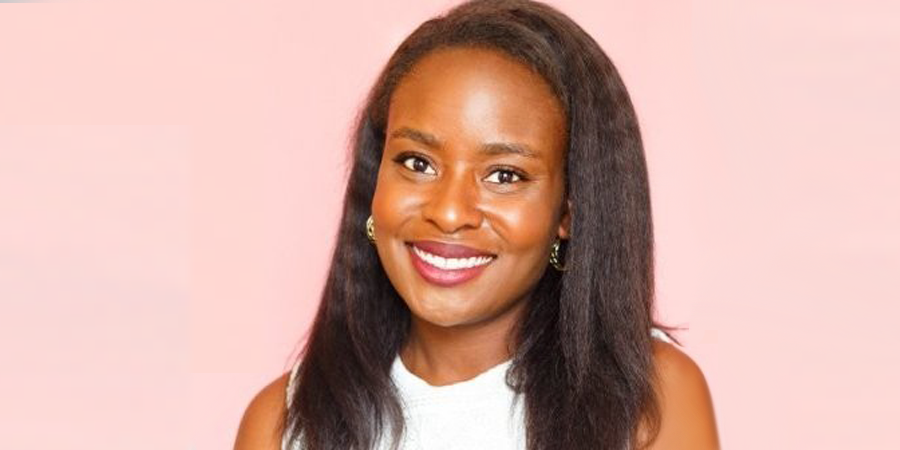
Chantal Emmanuel is the Chief Technology Officer at LimeLoop. Prior to founding LimeLoop, Chantal worked as a software engineer at SYPartners and Red Clay. Prior to learning to code at Dev Bootcamp, she worked on various community programs in New York. Chantal holds a B.A. in english from State University of New York at Binghamton. Follow her on Twitter at @chantalemmanuel.
MarketInvoice CTO Rija Javed
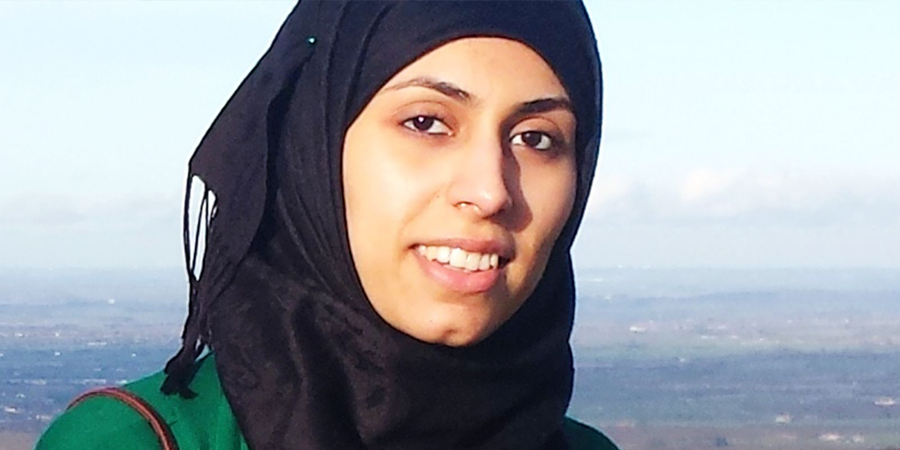
Rija Javed is the Chief Technology Officer at MarketInvoice, a UK-based finance platform. Prior to MarketInvoice, Rija was at Wealthfront for over four years, most recently Senior Director of Engineering. She began her career as a software engineer at Research in Motion and Zynga. Riya holds a B.S. in electrical and computer engineering and a M.S. in computer engineering, both from University of Toronto. Follow her on Twitter at @rijajaved.
Meetup CTO Yvette Pasqua
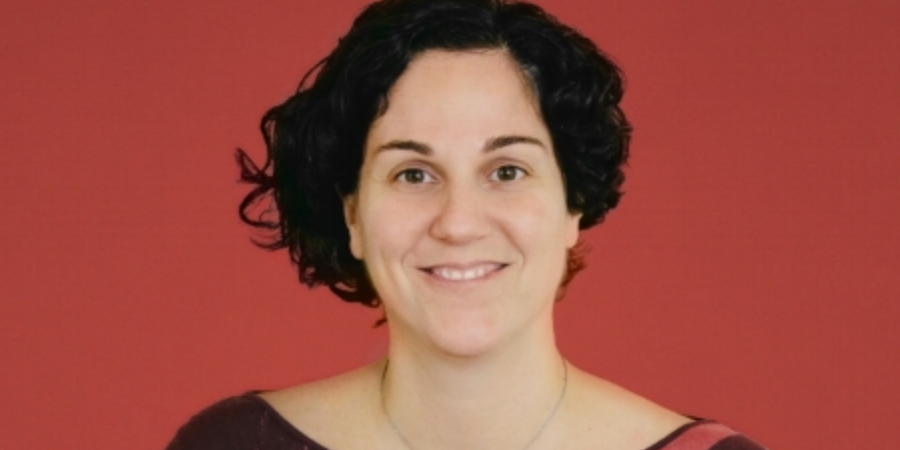
Having been the Chief Technology Officer at Meetup for three years now, Yvette Pasqua has led initiatives at the company to tackle 15 years of technical debt, create a more diverse and inclusive engineering team, and bring product improvements to market. Prior to Meetup, she held engineering leadership roles at Tinypass, AKQA, Possible and Schematic. Yvette holds a B.S. in biological basis of behavior from University of Pennsylvania. While in college, she gained work experience as a webmaster and networking computers at the medical center and hospital. Follow her on Twitter at @lolarobot.
Mode CTO Heather Rivers

As Mode‘s CTO, Heather Rivers leads engineering, product, design, and security. She has been writing software for 15 years, from games on her graphing calculator in high school, to computational linguistics in college, to tech companies like Yammer and Microsoft. Heather holds an A.B. in linguistics from University of Chicago. Follow her on Twitter at @heatherrivers.
Moxxly CTO & co-founder Santhi Analytis
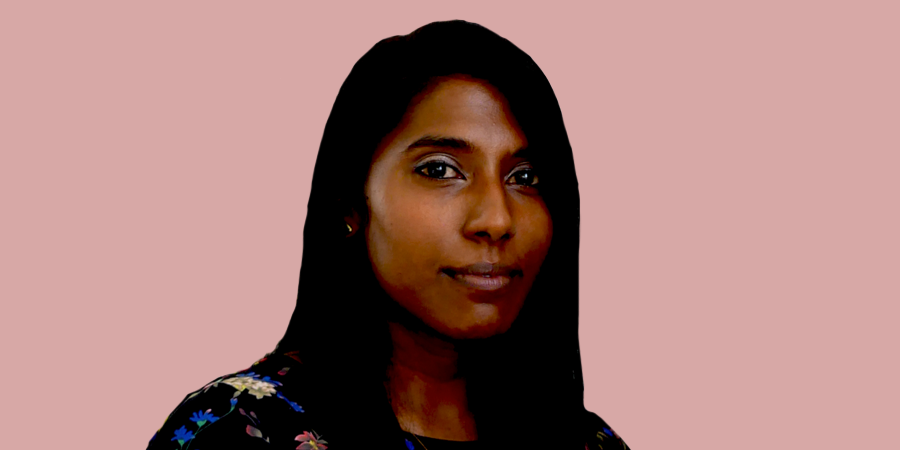
Santhi Analytis is the Chief Technology Officer of Moxxly, redesigning the breast pump for today’s mobile mom. In 2017, Moxxly was acquired by Olle Larsson Holding, parent company of the Medela pump. She holds a PhD and M.S. in mechanical engineering from Stanford University and a B.S. in biomedical engineering and latin american studies. Follow her on Twitter at @dranalytis.
Nest CTO Yoky Matsuoka
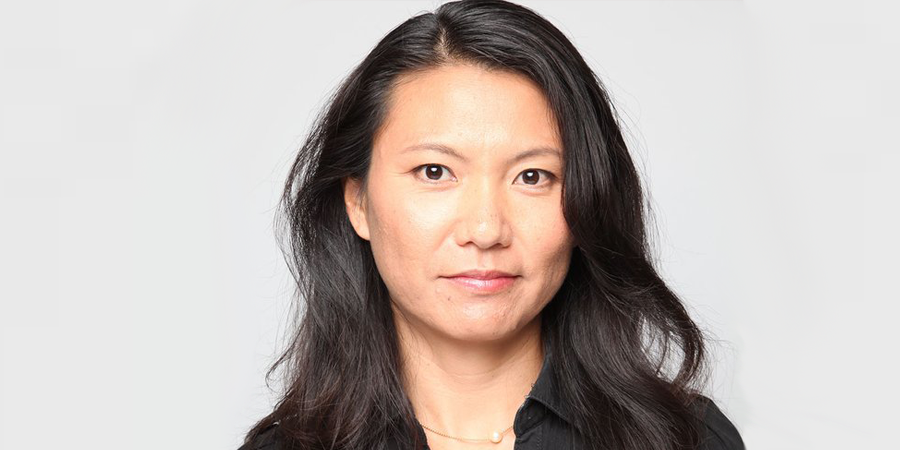
Yoky Matsuoka is the Chief Technology Officer at Nest. Prior to Nest, Yoky was a founder of Google[x]. Prior to that, Yoky was a professor at Carnegie Mellon University and the University of Washington. She developed robotic devices for rehabilitating and assisting the human body and brain, earning the MacArthur award in 2007. Yoky grew up assuming she would be a professional tennis player, but instead holds a B.S. in electrical engineering and computer science from UC Berkeley and a PhD in electrical engineering and computer science from MIT, where she was a postdoctoral fellow in mechanical engineering. Follow her on Twitter at @yokymatsuoka.
NovoEd CTO & co-founder Farnaz Ronaghi
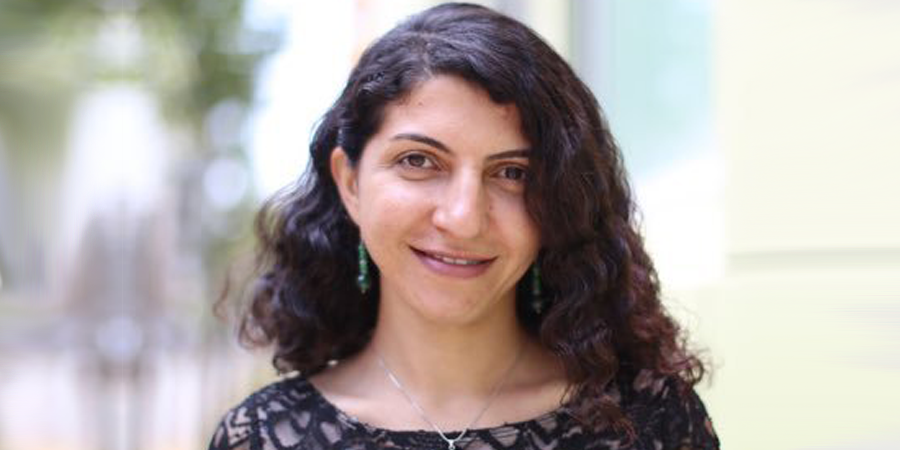
Farnaz Ronaghi is the Chief Technology Officer at NovoEd, providing online learning for busy professionals. Farnaz holds a B.S. in computer engineering from Sharif University of Technology and a M.S. in management science and engineering from Stanford University. She designed and developed the first version of NovoEd during her PhD studies at Stanford University. Follow her on Twitter at @farnazr.
Nylas CTO & co-founder Christine Spang
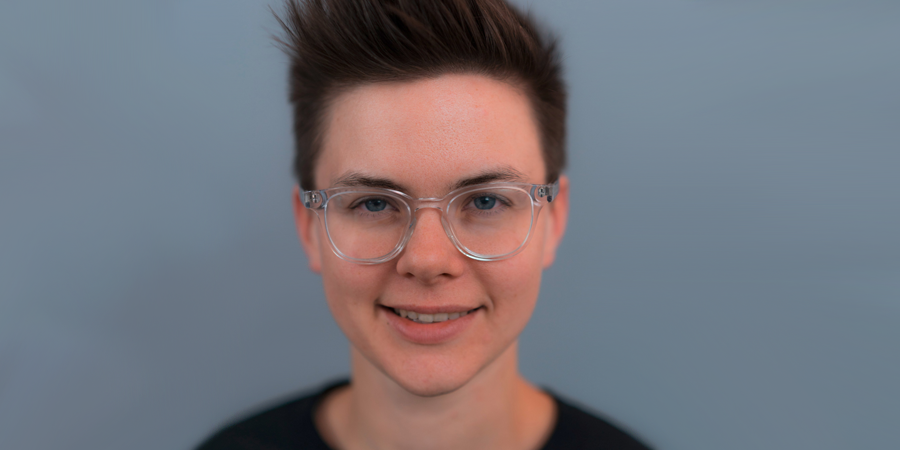
Christine Spang is a co-founder and the Chief Technology Officer at Nylas, handling over 100 million API requests per day. Prior to founding Nylas, she worked at Oracle after the company acquired Ksplice, where she was working as a key member of the team. Christine started working on free software via the Debian project when she was 15 and holds a S.B. in computer science from MIT. Follow her on Twitter at @spang.
One Medical Group CTO Kimber Lockhart
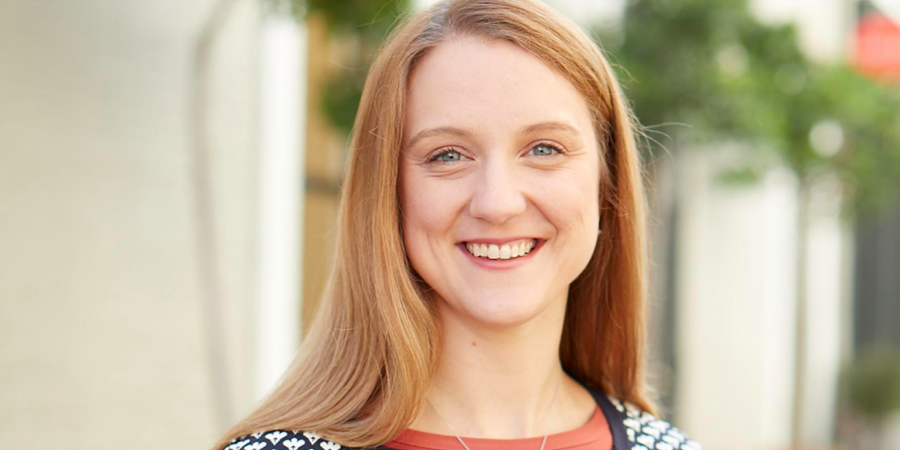
Kimber Lockhart is the Chief Technology Officer at innovative health care company One Medical Group. Previously, Kimber co-founded Increo Solutions, a document collaboration company that was acquired by Box in 2009. She was at Box for four years in a variety of roles, most recently Senior Director of Engineering responsible for Box’s web application. Kimber holds a B.S. in computer science from Stanford University. Follow her on Twitter at @kimber_lockhart.
Pilot CTO & founder Jessica McKellar
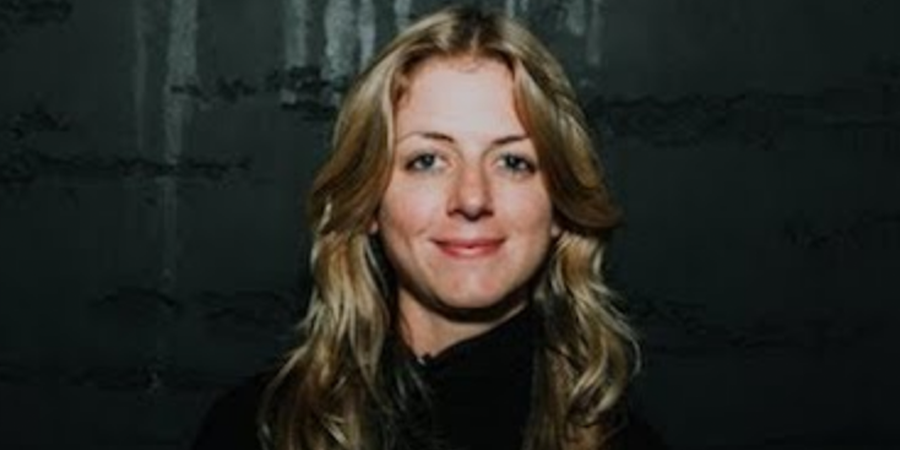
Jessica McKellar is the Chief Technology Officer at Pilot. Prior to founding Pilot, Jessica was a Director of Engineering at Dropbox, which had acquired her company Zulip, where she was co-founder and VP of Engineering. Prior to that, Jessica worked in engineering management at Oracle by way of Ksplice acquisition, where she was working as a software engineer. Jessica holds a B.S. in computer science and M.S. in computer science, both from MIT. Follow her on Twitter at @jessicamckellar.
Redfin CTO Bridget Frey
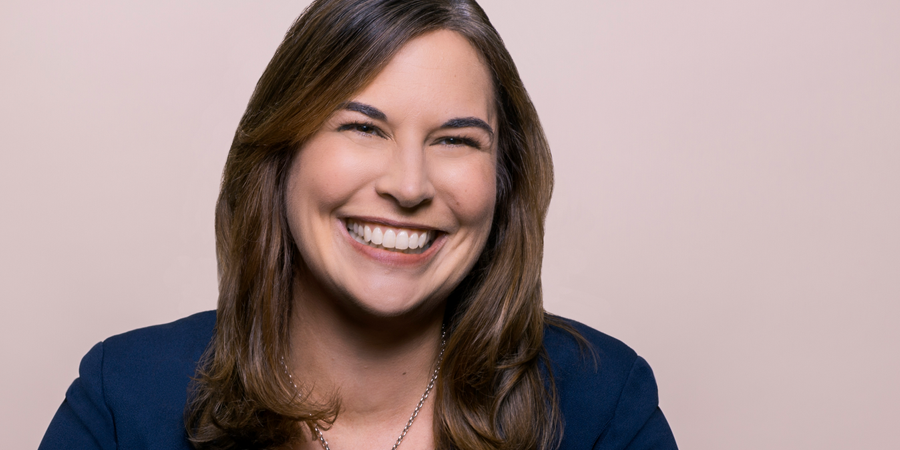
As Redfin‘s Chief Technology Officer, Bridget Fey leads the software engineering team of over 150 engineers in Seattle and San Francisco. Prior to Redfin, she held management positions at Lithium Technologies, IntrinsiQ Research, IMlogic and Plumtree Software. Bridget holds a B.S. in computer science from Harvard University, where she graduated magna cum laude. Follow her on Twitter at @SVBridget.
Starbucks CTO Gerri Martin-Flickinger
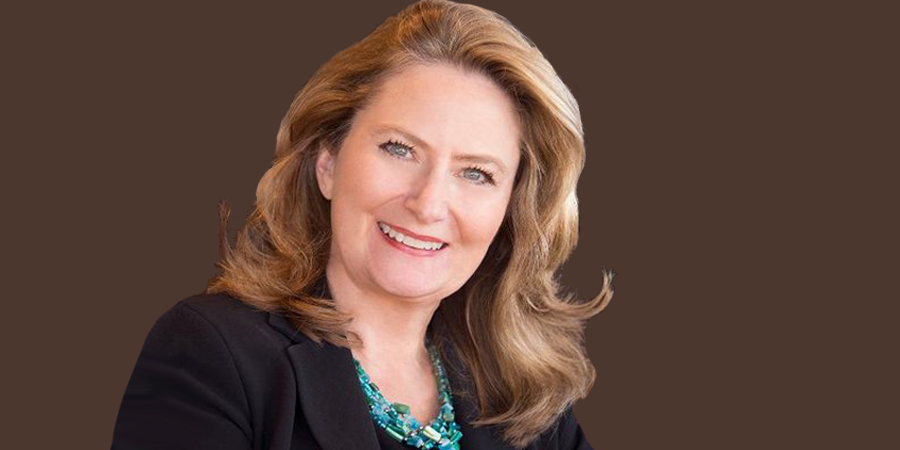
Gerri Martin-Flickinger joined Starbucks in 2015 as the Chief Technology Officer and has led the technology organization through significant transformation (mobile order and pay, voice ordering and social gifting). Prior to Starbucks, Gerri was CIO at Adobe, VeriSign, Network Associates, and McAfee Associates. Gerri holds a B.S. in Computer Science from Washington State University. Follow her on Twitter at @gmflickinger.
Stitch Fix CTO Cathy Polinsky

Cathy Polinsky is the Chief Technology Officer at Stitch Fix, an online subscription and personal shopping service that went public in 2017. Prior to Stitch Fix, Cathy was a SVP of Engineering for Enterprise Search at Salesforce. Prior to that, she was a Senior Engineering Manager at Yahoo and began her career as a software engineer. Cathy holds a B.A. in computer science from Swathmore College. Follow her on Twitter at @cathy_polinsky.
SurveyMonkey CTO Robin Ducot
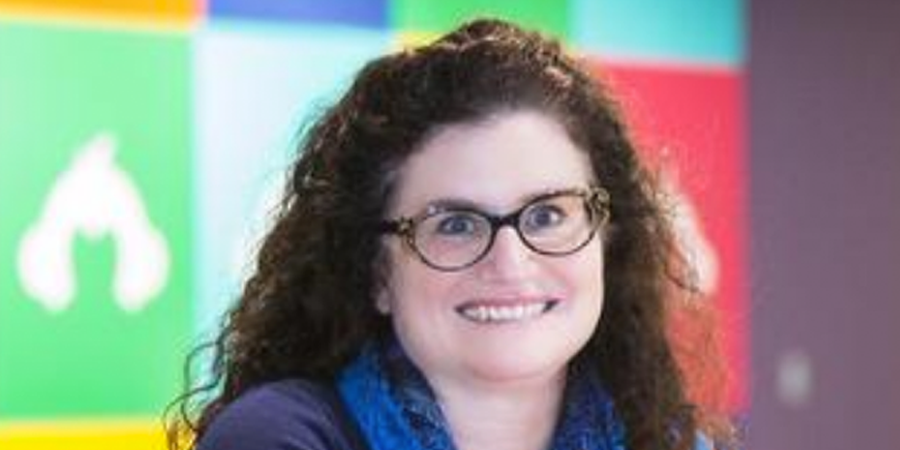
Robin Ducot is the Chief Technology Officer at SurveyMonkey. Previously, Robin spent five years as Senior Vice President of Product Engineering at DocuSign. Prior to that, she was the Vice President of Engineering at Eventbrite. Robin holds a B.S. in computer science and art history from University of Massachusetts, Boston.
Swayable CTO & co-founder Valerie Coffman

Valerie Coffman is the Chief Technology Officer at Swayable, using data science to craft accurate, persuasive political messages. Prior to Swayable, Valerie was CTO at Xometry. Valerie holds a PhD and M.S. in theoretical condensed matter physics from Cornell University and a B.S. in physics from John Hopkins University. Follow her on Twitter at @valerierose.
tEQuitable CTO & co-founder Heidi Williams
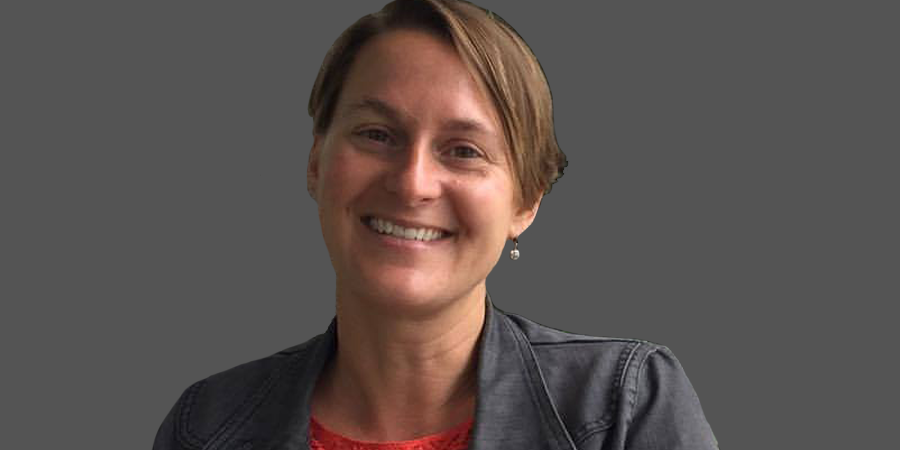
As tEQuitable‘s Chief Technology Officer and co-founder, Heidi Williams is scaling a work culture platform that resolves conflicts with ombuds. Prior to co-founding tEQuitable, Heidi was VP of Engineering at Box for 4 years. Prior to that, she worked at Adobe for 17 years. Heidi holds a B.S. in computer science from Brown University. Follow her on Twitter at @heidivt73.
ThoughtWorks CTO Dr. Rebecca Parsons
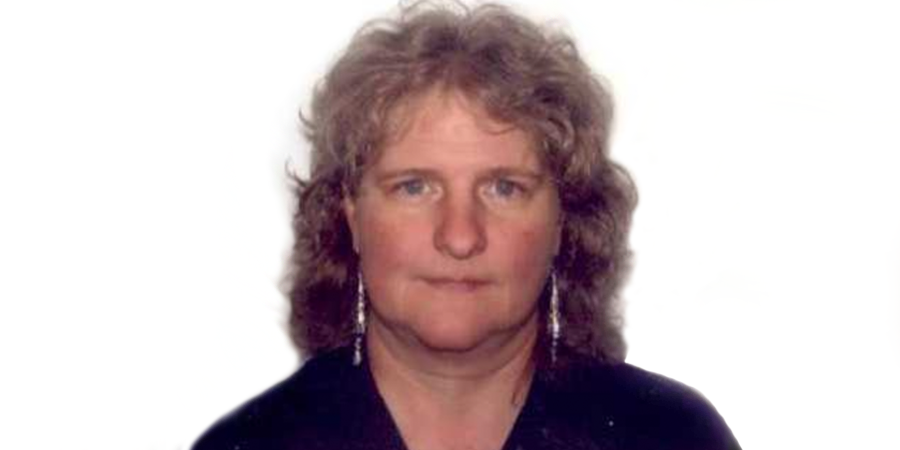
Rebecca Parsons is the Chief Technology Officer at ThoughtWorks. Before ThoughtWorks, she worked as an assistant professor of computer science at the University of Central Florida, after completing a director’s postdoctoral fellowship at the Los Alamos National Laboratory. Rebecca holds a B.S. in computer science and economics from Bradley University and both an M.S. and PhD in computer science from Rice University. Follow her on Twitter at @rebeccaparsons.
Thrive Global CTO Cheryl Porro
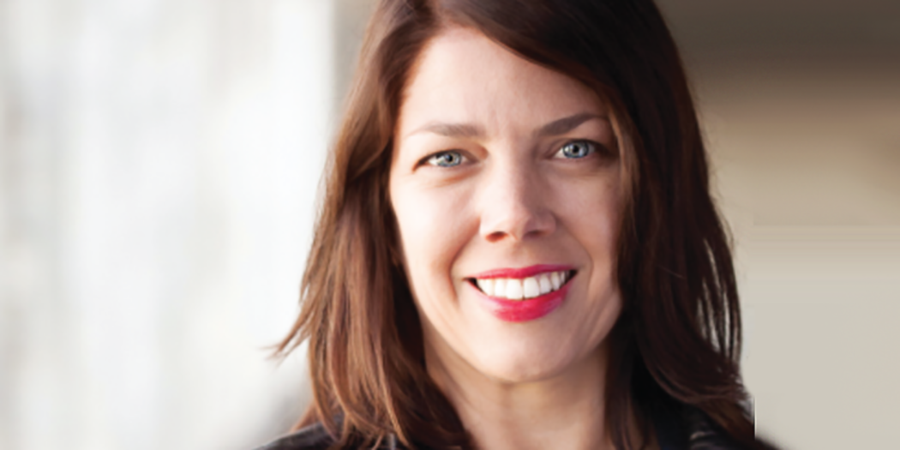
Cheryl Porro is Chief Technology Officer at Thrive Global, Ariana Huffington’s wellness company. Prior to Thrive Global, Cheryl was at SVP of Technology and Products at Salesforce.org. She began her career as a quality engineer before entering engineering management. Cheryl holds a B.S. in chemical engineering from Rensselaer Polytechnic University. Follow her on Twitter at @cporro_sfdc.
Token Transit CTO & founder Ekaterina Kuznetsova
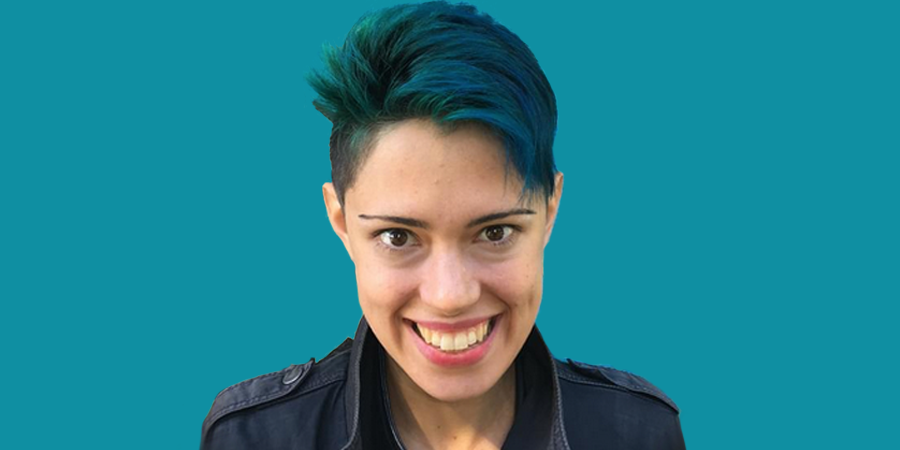
Ekaterina Kuznetsova is the Chief Technology Officer at Token Transit, enabling riders to pay for the public transit with their phone. Prior to founding Token Transit, Ekateria worked as a software engineer at Meteor, Akamai, Google and Appian. Ekaterina holds a B.S. in math and computer science from MIT. Follow her on Twitter at @technekate.
Transposit CTO & co-founder Tina Huang
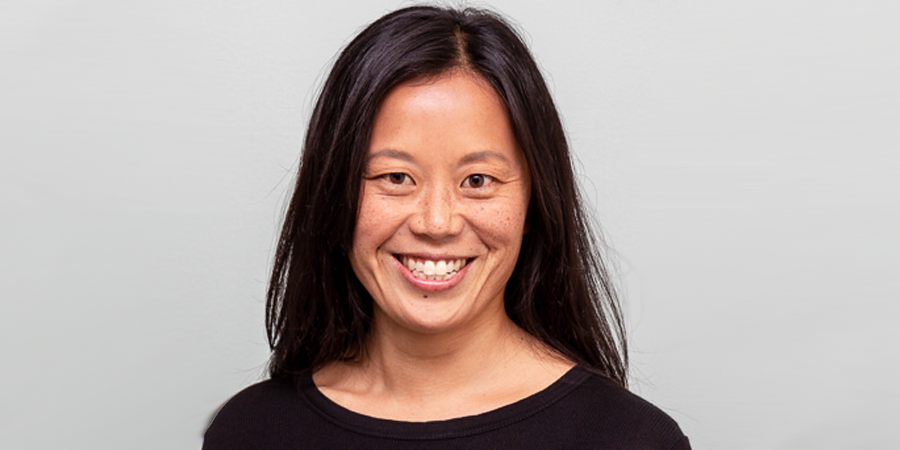
Tina Huang is Chief Technology Officer at Transposit. Prior to founding Transposit, Tina worked as a Staff Software Engineer at Twitter for four years – and subsequently sued Twitter for promotion bias. Prior to Twitter, Tina worked at Google and Apple. Tina holds a B.S. in electrical engineering and computer science from MIT. Follow her on Twitter at @kmonkeyjam.
Stay up-to-date with Girl Geek X! To get notified of future events and news, join our mailing list! You can also follow us on LinkedIn, Facebook, Twitter, and Instagram.



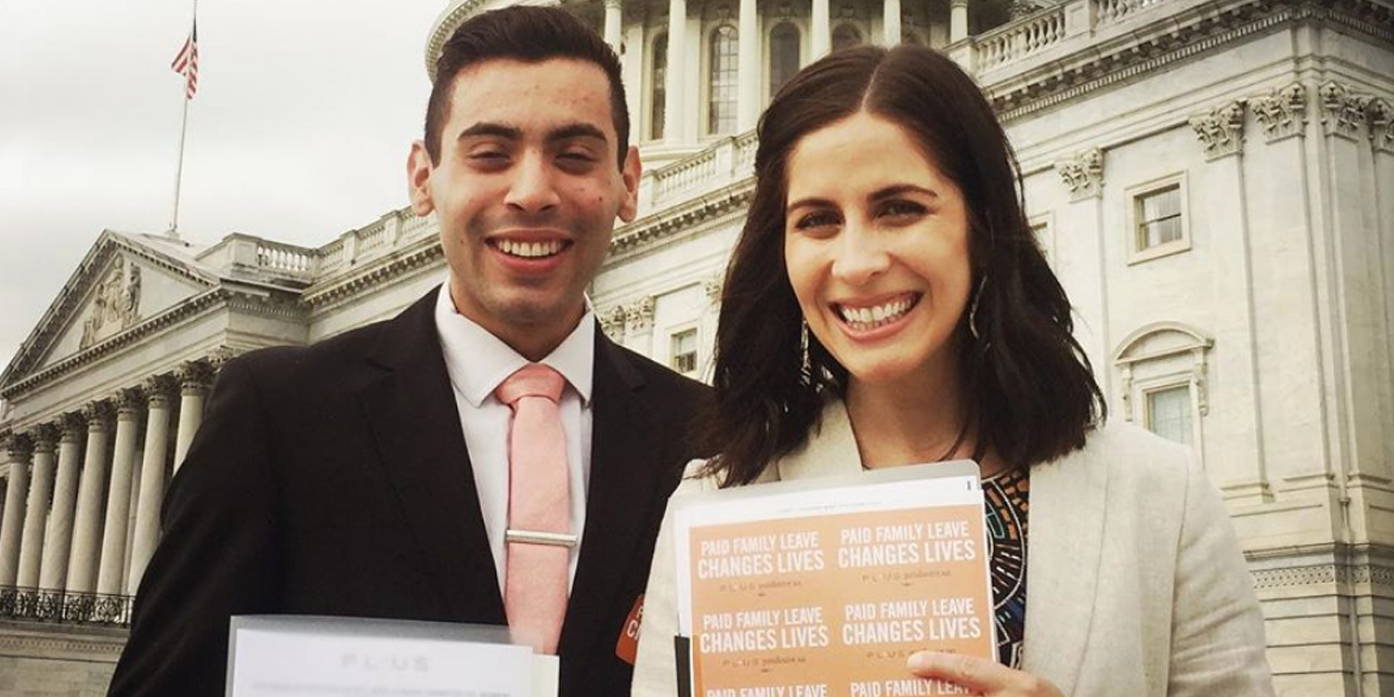

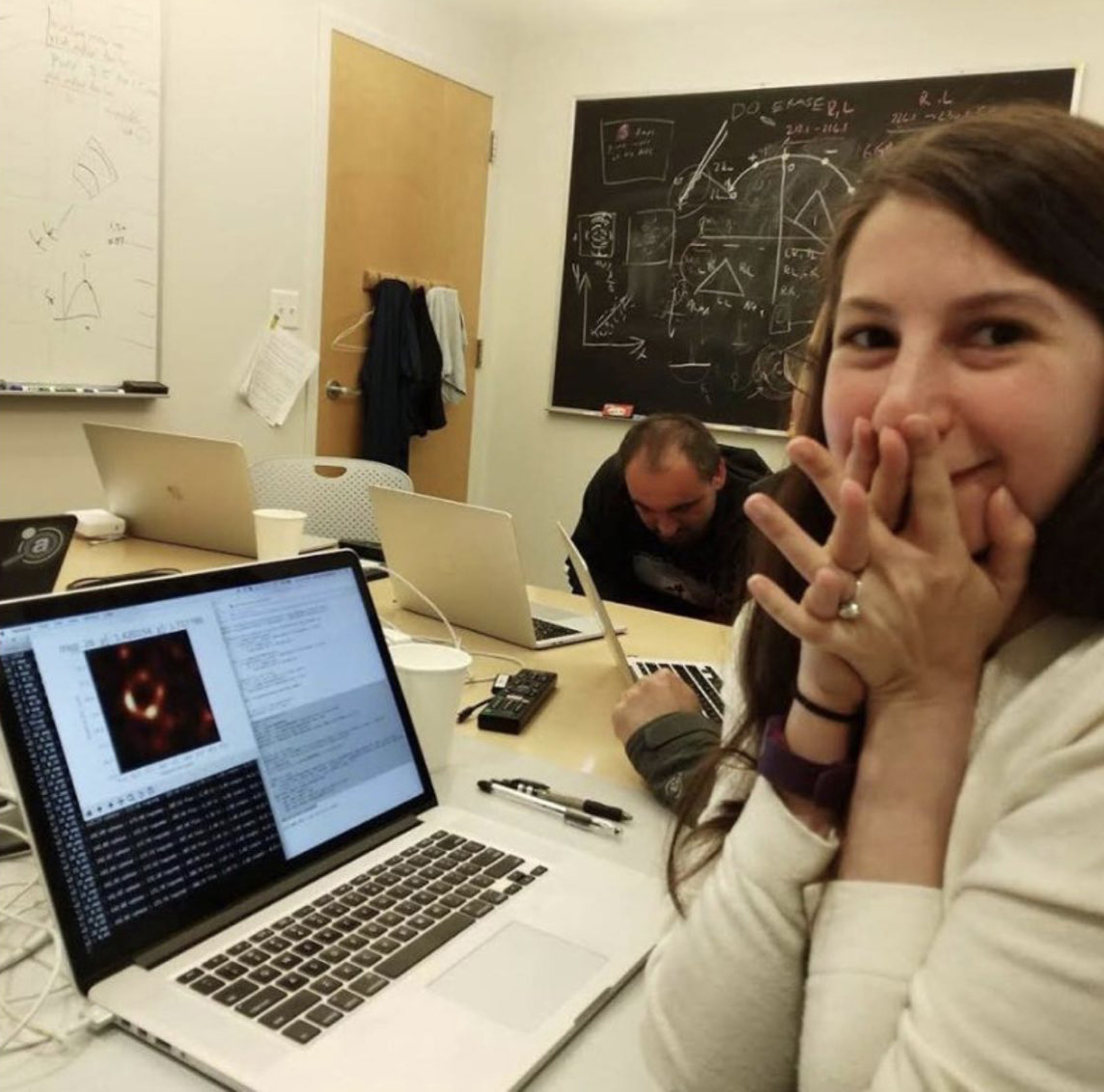
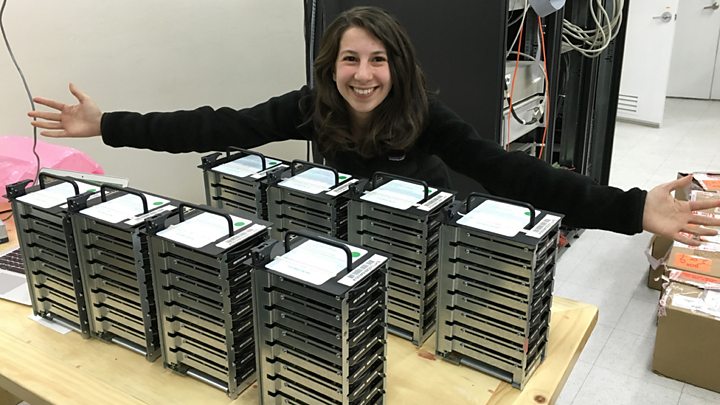

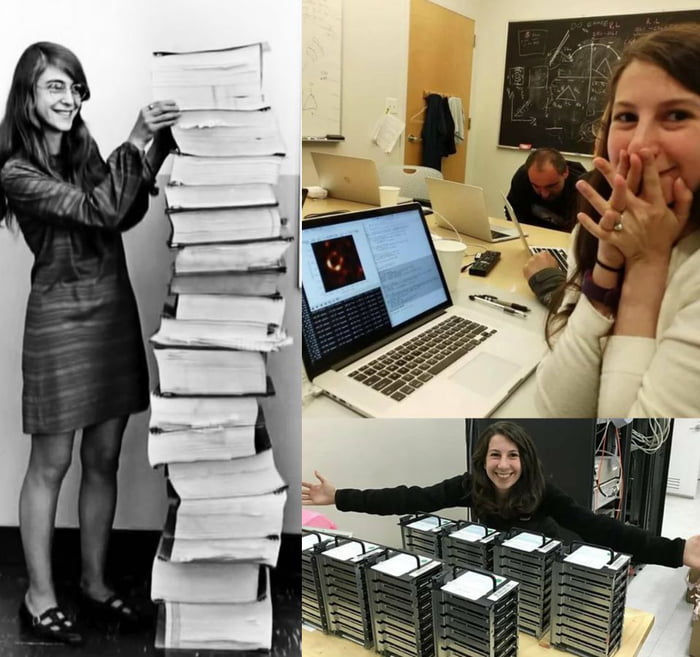
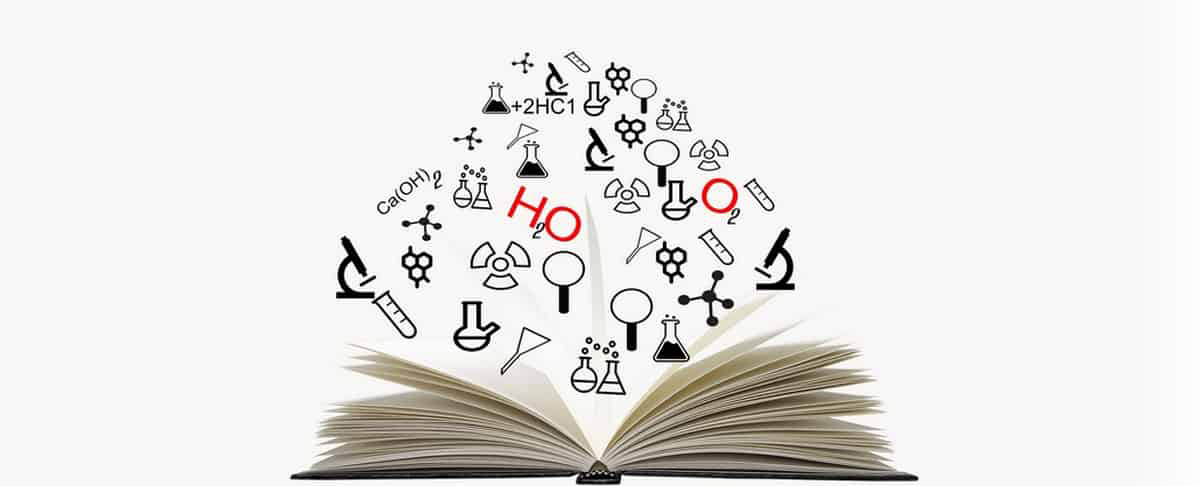
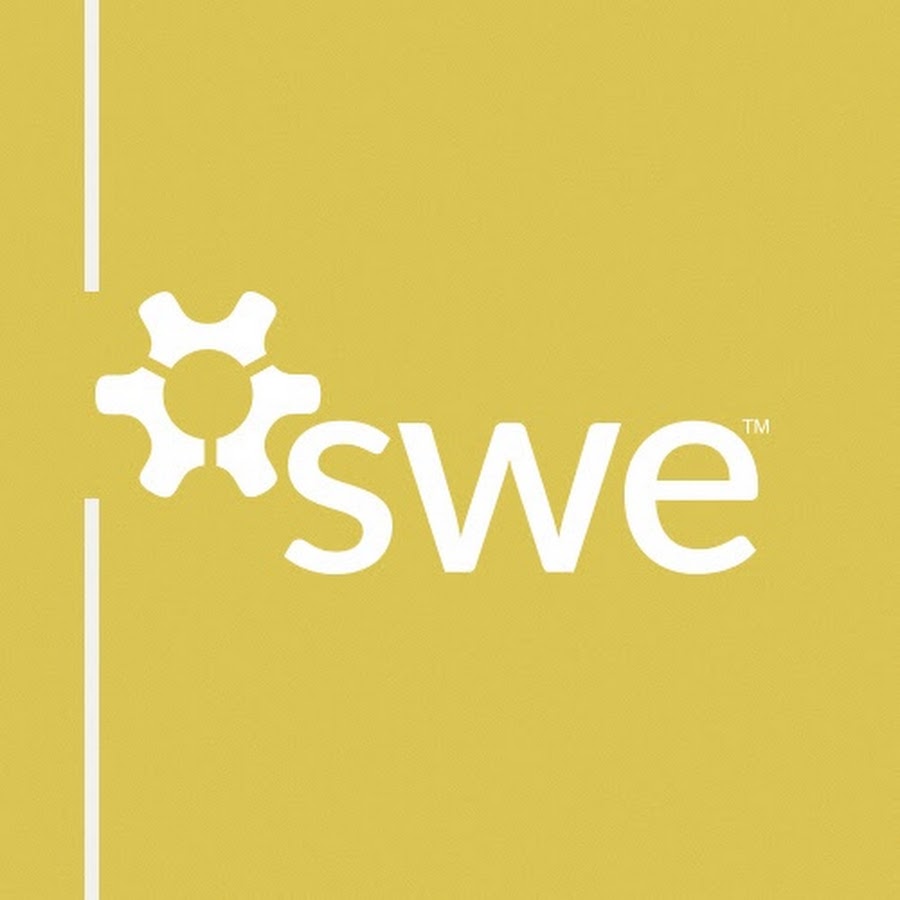 “Leaky pipeline” / interest in engineering:
“Leaky pipeline” / interest in engineering: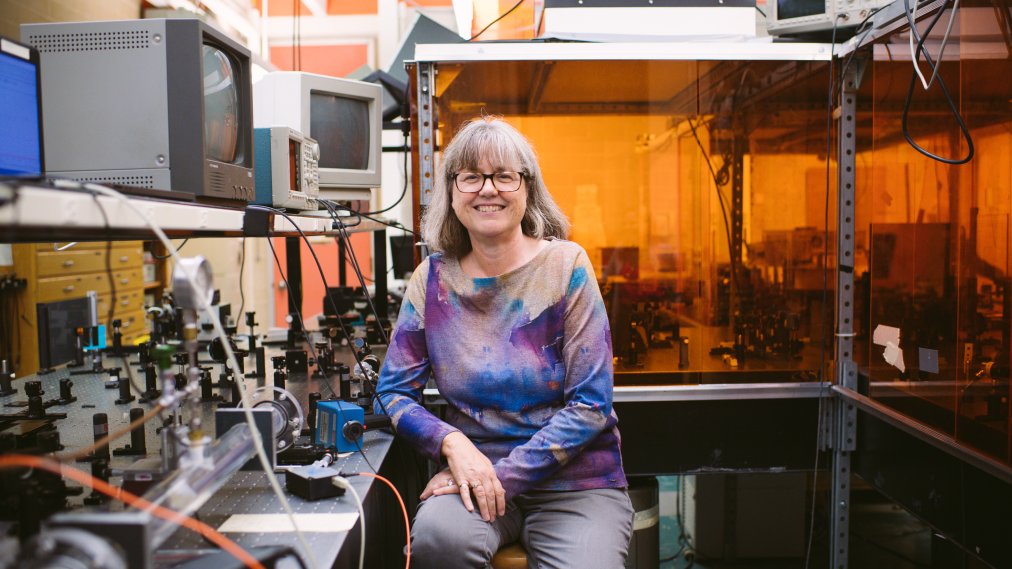

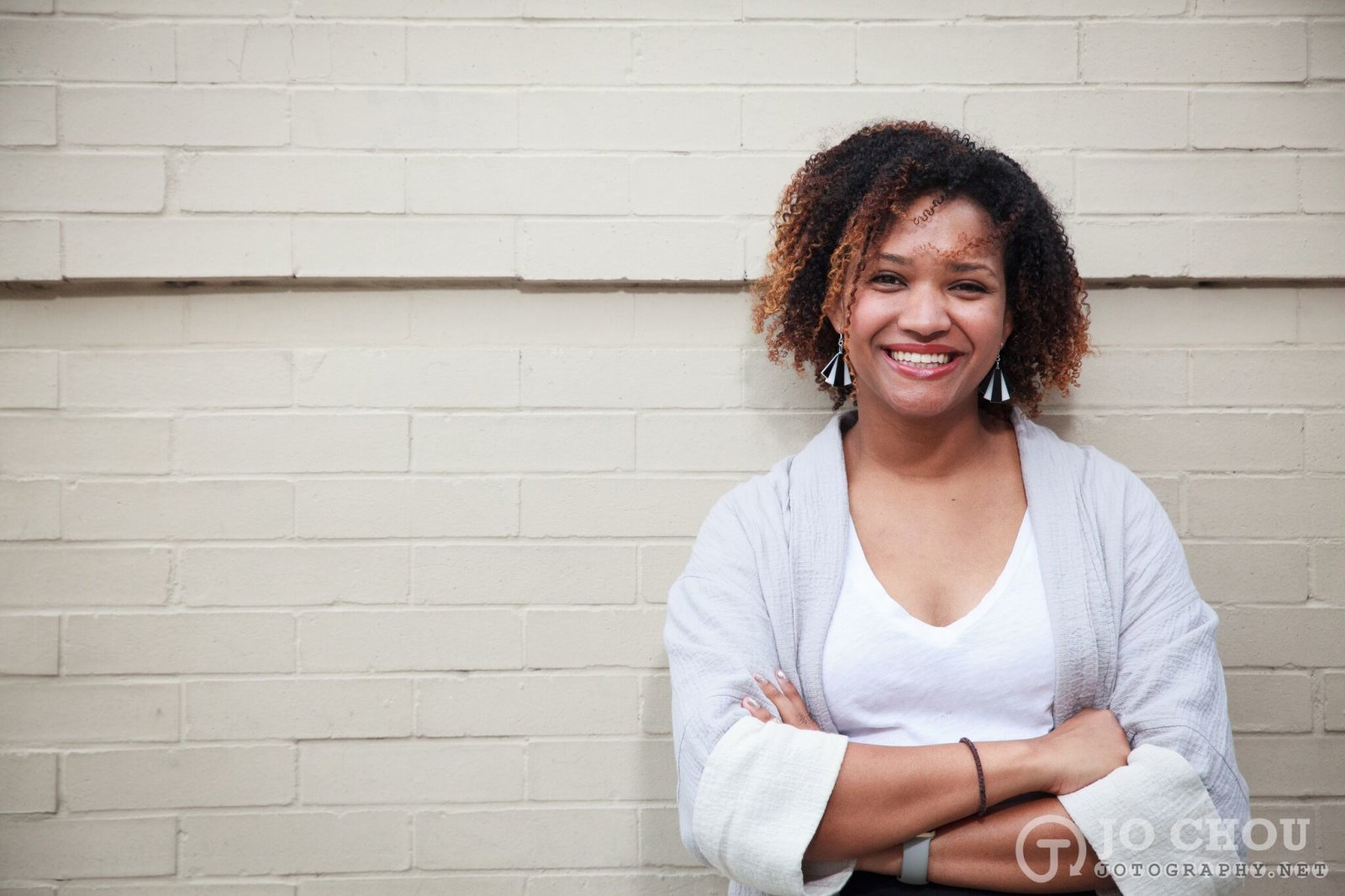
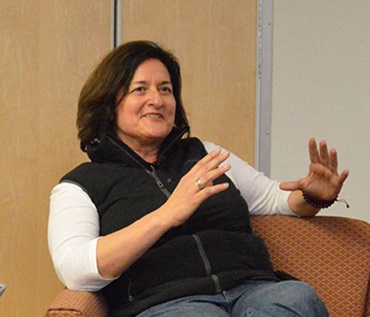
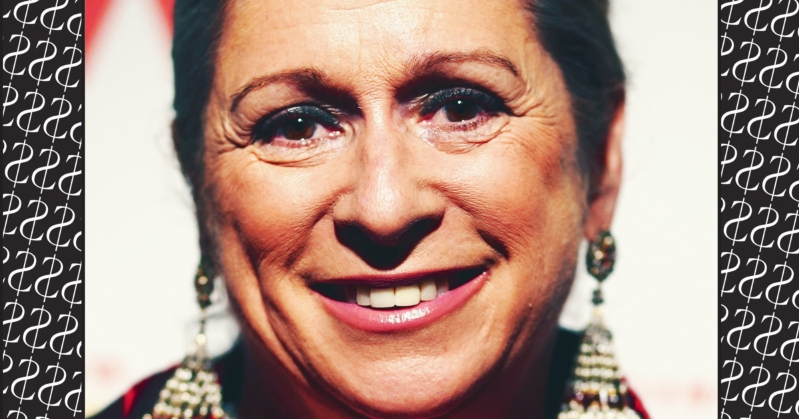

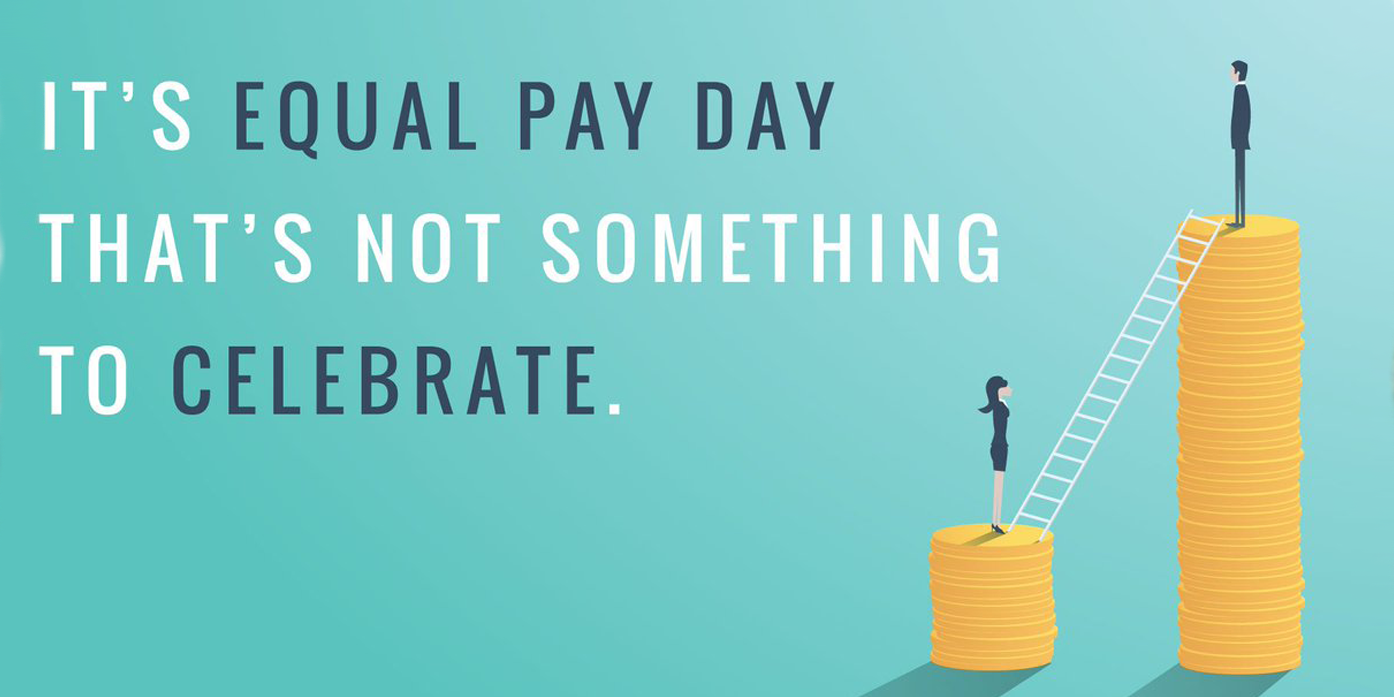
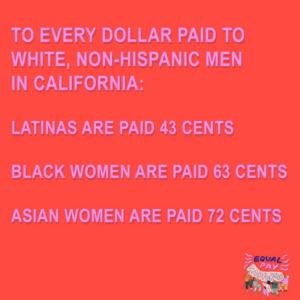 “The first Equal Pay Day of the year arrived on March 5 for Asian-American Pacific Islander women, denoting that the group earns 85 cents on the dollar relative to men – the smallest pay gap. But even that statistic can obscure the challenges faced by lower-income AAPI women, specifically Thai, Cambodian, Nepalese, Laotian, Hmong, and Burmese-American women who earn closer to 60 cents on the dollar. Next is the April 2 Equal Pay Day, averaging together the incomes of all racial groups for the 80 cents on the dollar gender wage gap. Equal Pay Day for white women, denoting a slightly larger gap, follows this year on April 19, according to the American Association of University Women. After the April dates, there’s a 4 month wait until the next Equal Pay Days roll around – a sign of how severe the pay gap is for black women, Native American women, and Latina women. Black Women’s Equal Pay Day will fall on August 22, followed by Native American Women’s Equal Pay Day on September 23, and Latinas’ Equal Pay Day on November 20. That order means that Latinas face the largest wage gap, of around 53 cents on the dollar. Black women earn about 61 cents on the dollar and Native American women earn about 57 cents on the dollar.”
“The first Equal Pay Day of the year arrived on March 5 for Asian-American Pacific Islander women, denoting that the group earns 85 cents on the dollar relative to men – the smallest pay gap. But even that statistic can obscure the challenges faced by lower-income AAPI women, specifically Thai, Cambodian, Nepalese, Laotian, Hmong, and Burmese-American women who earn closer to 60 cents on the dollar. Next is the April 2 Equal Pay Day, averaging together the incomes of all racial groups for the 80 cents on the dollar gender wage gap. Equal Pay Day for white women, denoting a slightly larger gap, follows this year on April 19, according to the American Association of University Women. After the April dates, there’s a 4 month wait until the next Equal Pay Days roll around – a sign of how severe the pay gap is for black women, Native American women, and Latina women. Black Women’s Equal Pay Day will fall on August 22, followed by Native American Women’s Equal Pay Day on September 23, and Latinas’ Equal Pay Day on November 20. That order means that Latinas face the largest wage gap, of around 53 cents on the dollar. Black women earn about 61 cents on the dollar and Native American women earn about 57 cents on the dollar.”
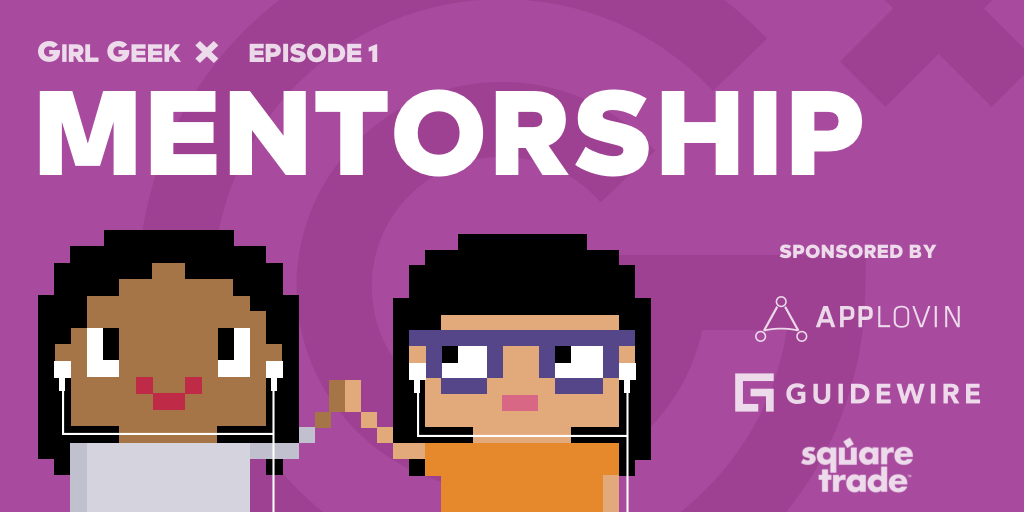
 It’s clear that women in tech (and other industries) at all stages of their careers often share common concerns and struggle with similar issues: focus, mentorship, career transitions, negotiations, imposter syndrome, continued learning, management, self-advocacy, communication, and more… (sooooo much more!)
It’s clear that women in tech (and other industries) at all stages of their careers often share common concerns and struggle with similar issues: focus, mentorship, career transitions, negotiations, imposter syndrome, continued learning, management, self-advocacy, communication, and more… (sooooo much more!)

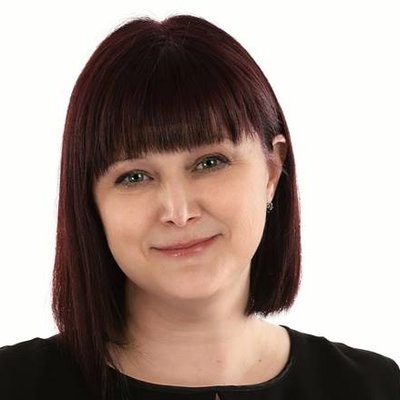
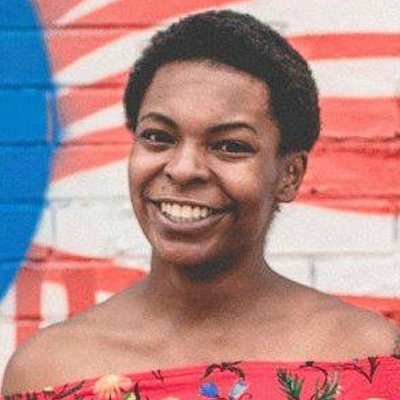 Rachel’s favorite Girl Geek X Podcast is the episode on
Rachel’s favorite Girl Geek X Podcast is the episode on 